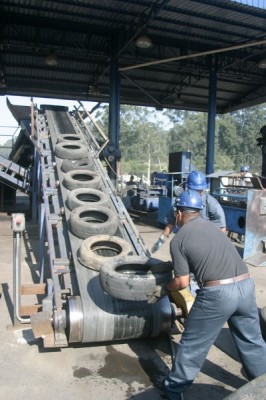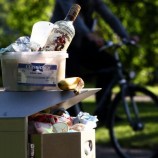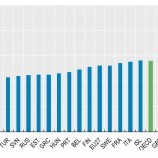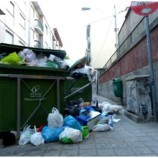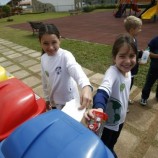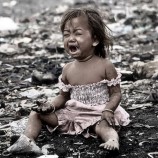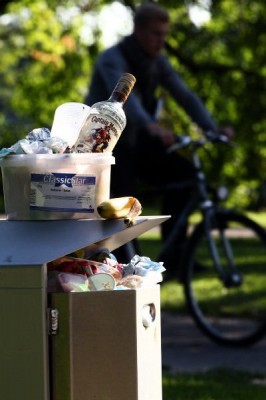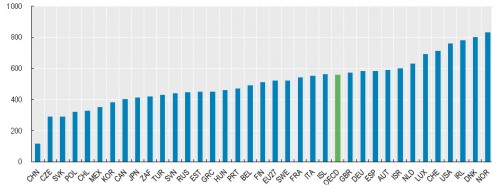4th National Environmental Conference – Part 2 – Revitalizing solid waste
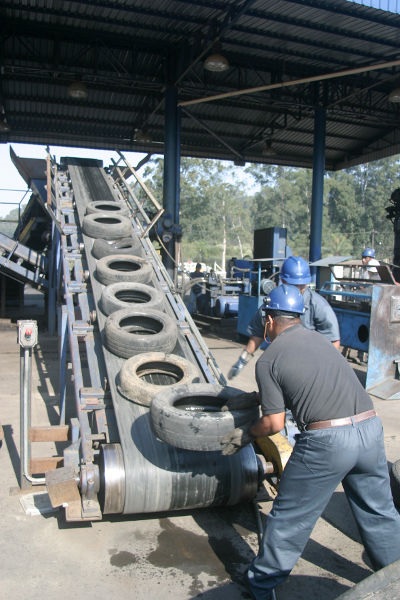
We have come to a historic moment which can be considered quite unique. For Brazil to take a great leap towards sustainable waste management, all the necessary devices are at hand. This poignant topic is the central theme of the 4th NEC, National Environmental Conference.
The topical strands are: Sustainable Consumption and Production; Environmental Impacts; Generating Employment, Work and Income, Environmental Education. “Sustainable production and consumption” is linked to priority 1 of Article 9 of the National Policy on Solid Waste. “Regarding the management of solid waste, the following priority order should be observed: non generation, reduction, reuse, recycling, solid waste treatment and environmentally sound waste disposal.” This hierarchy is based on the reduction of environmental impact while reducing exploitation of raw materials. It is linked to employment and income generation in the processing of the products’ life cycle while also requiring a social education and mobilization process for sustainable consumption to ensure environmental preservation and conservation. The strands are therefore highly interconnected.
The script is written and the actors are being urged to stage what may prove to be a watershed in waste management. It will all depend on the proper casting of the roles to be played, the effort put into concentration, and the willingness to debate. At the fourth edition of this conference, society is free to mobilize conferences and be the star of its own history. There is no need to act as an auxiliary constituent to the government, but our organization and mobilization abilities will be tested. Either we roll up our sleeves and participate effectively in discussions about reverse logistics, shared responsibility, social inclusion or let the harnessed horse go by without ever even saddling up.
Brazilian society will be the spectator of this process. Will it prove to be an unhappy one, or will we write the chapter about a new turn in solid waste management? The answer will be known in October when this whole progression culminates in Brasilia.
Are the local municipalities prepared to lead this advance? As it is well known, the developments made in waste collection in urban areas are significant. However, the situation is still precarious in the outskirts of large cities and rural areas. Most of the collected waste is disposed of in landfills. Most small and midsized municipalities still deposit their waste in refuse dumps.
There have been important advances in this industry sector in recent decades. However, there is still much to do and financial resources are not the only thing lacking. Institutional development and technical training of city workers are needed urgently. Most municipalities do not realize the importance of establishing and consolidating their city workers. They do not charge service fees and have no updated bylaws defining the rights and duties of citizens in this regard. They do not possess the appropriate and comprehensive selective collection programs or the permanent campaigns necessary for proper waste management training.
However, it would be unthinkable to deny that this is the opportune moment to discuss these system failures and promote their improvement. The productive sector should be summoned to account for enabling the collection of used packaging. Environmental and social movements are expected to play a leading role in this story. Municipal technicians and managers may achieve the accumulated dreams of many. The spotlights are all pointed on solid waste at the 4th NEC.
One can only conclude that there is no better moment for this industry sector. It must masterfully play the role being offered, and its various actors may produce a great happening. We may all be surprised ourselves. And let it be understood once and for all that the citizen’s part does not end at tying the trash bag and leaving it out for the garbage truck. For there to be life on the planet, we must give new life to solid waste by redirecting it away from the death cycle in landfills. Taking care to not generate it, reuse it, separating it for recycling, disposing of it in the appropriate time and place in order to have life cycling in a continuous flow. It means participating in the process of transforming the obsolete to modern, from broken to whole, from non-use to useful in a sustainable way.
Related Articles


